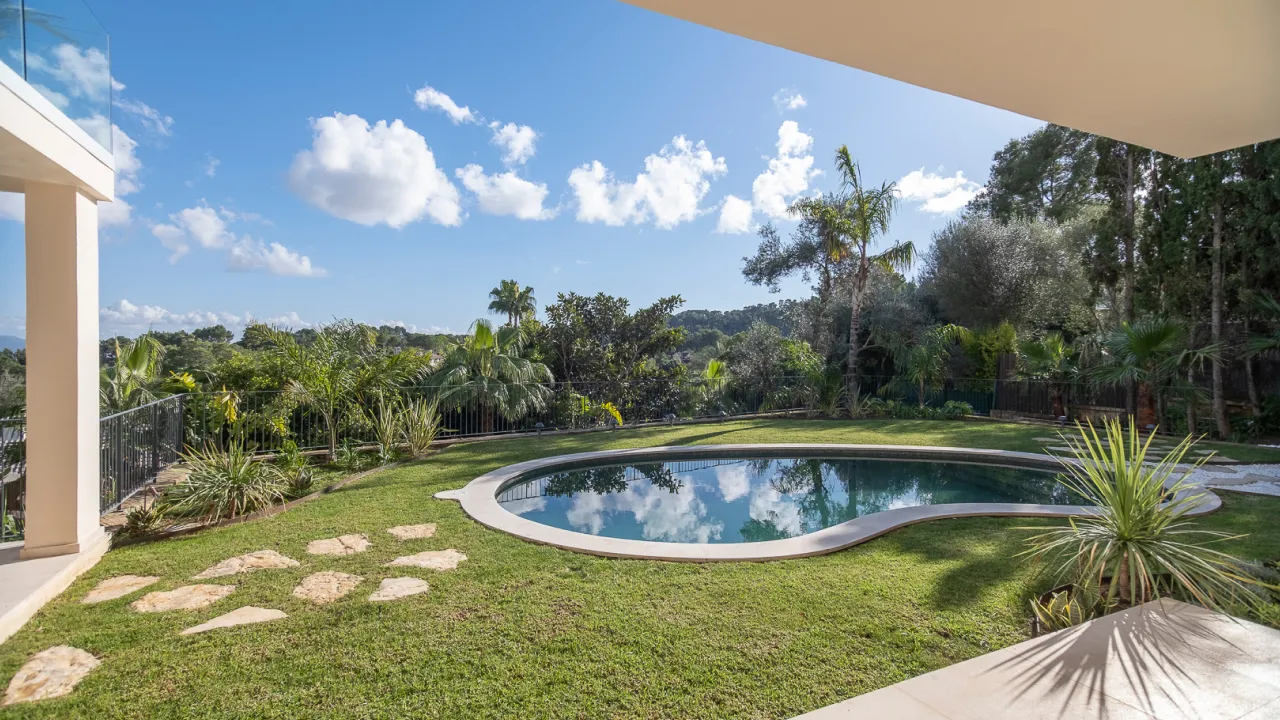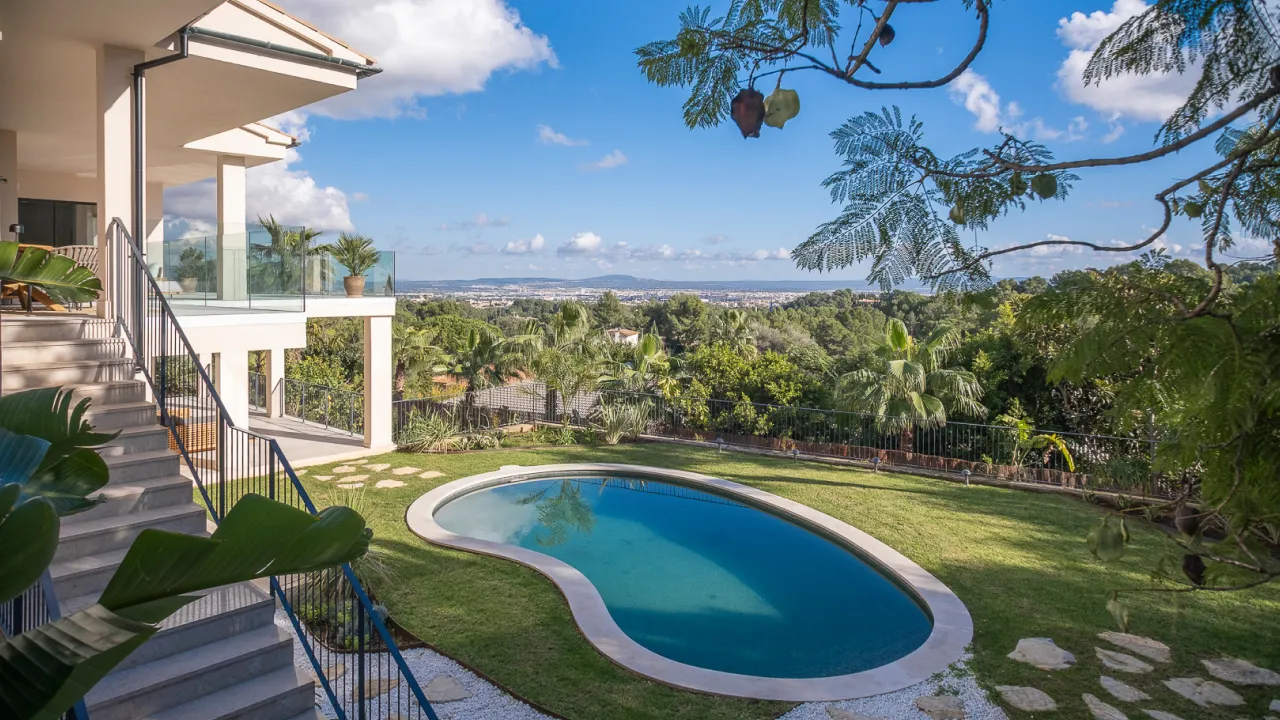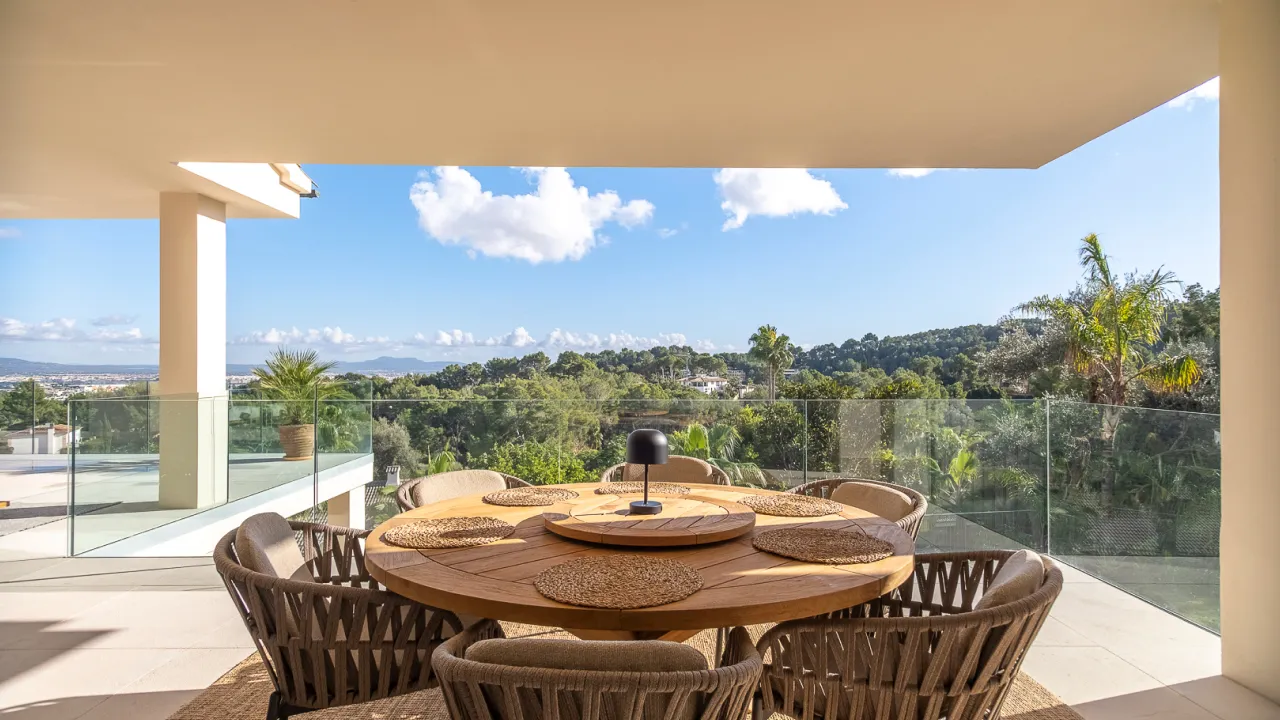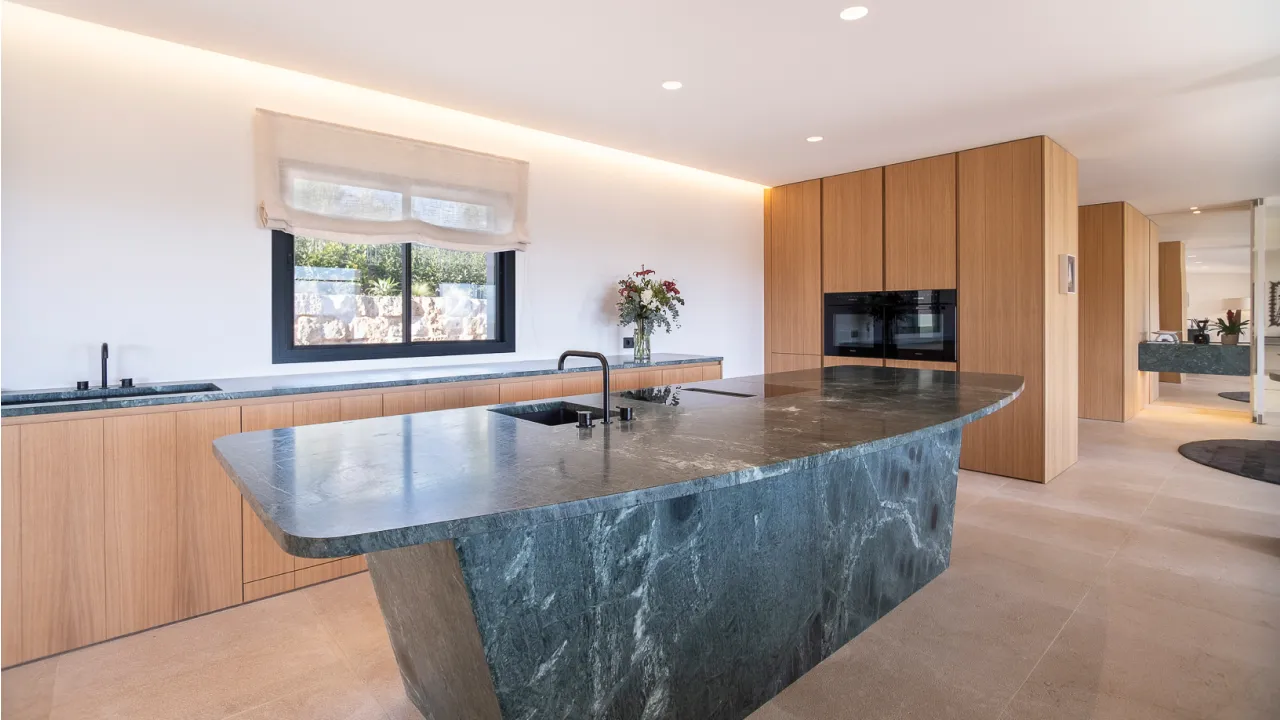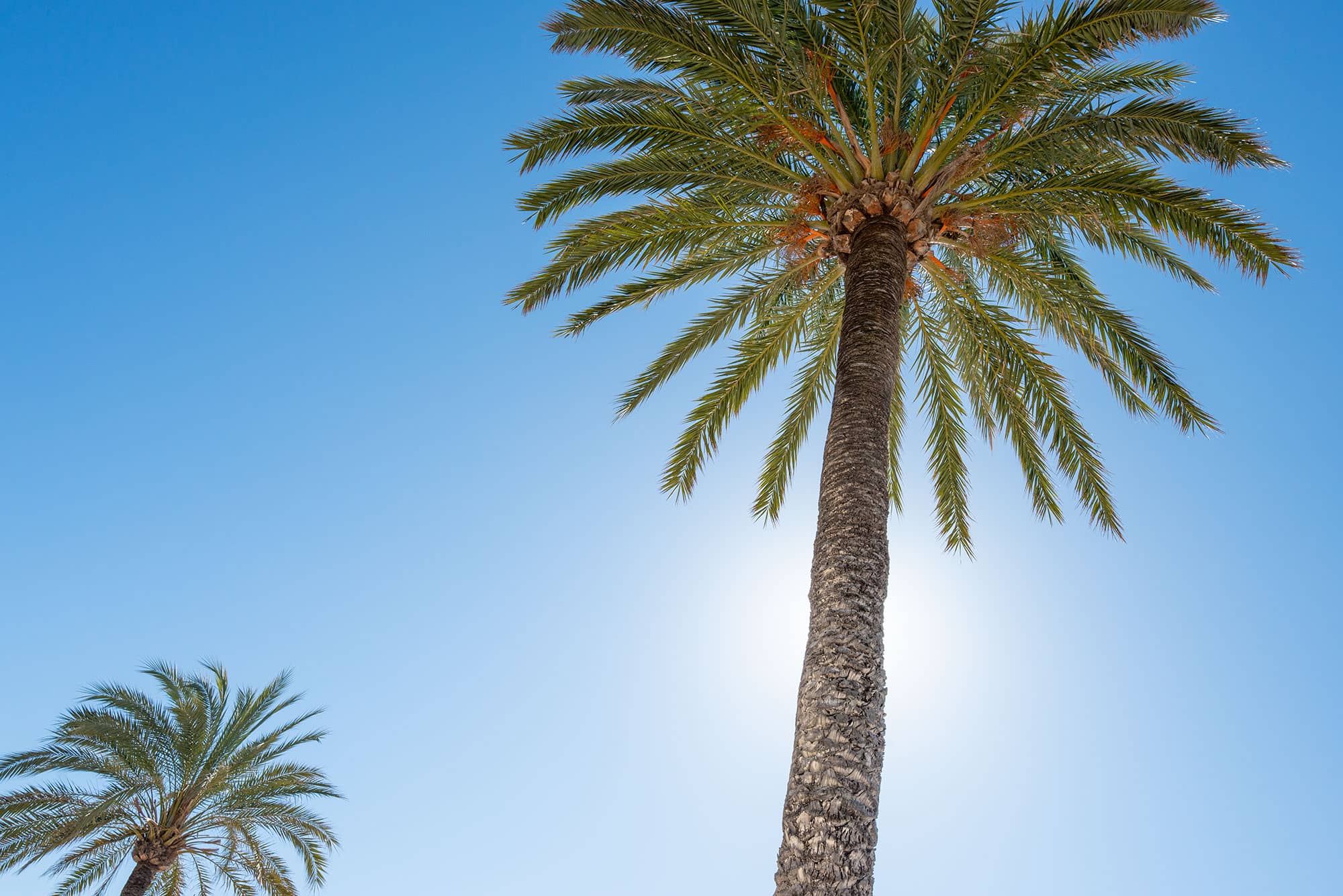In Short:
If you’re thinking about buying or selling property in Mallorca, here’s a quick look at the main taxes and what they usually cost:
Property Tax in Mallorca When Buying:
- Transfer Tax (ITP): 8%–13% for resale homes (average: 10% of the price)
- VAT (IVA): 10% on new homes (instead of ITP), 21% on land/commercial units
- Stamp Duty (AJD): 1.5%–2% if buying a new property
- Notary + Land Registry Fees: 0.3%–1% total
- Legal Fees: About 1%–1.5% of the purchase price
- Energy Certificate: Around €200–€1,000 (seller provides it, but buyer should check)
Typical total cost when buying: Around 12%–15% of the purchase price, depending on the property type.
Property Tax in Mallorca When Selling:
- Capital Gains Tax (CGT): 19%–26% on profit made from the sale
- 3% Withholding Tax: Applied to non-resident sellers (refundable)
- Plusvalía Tax: Based on land value increase (varies by town, averaging a few thousand euros)
- Agent Commission: 3%–5% of the sale price (not a tax, but important to factor in)
- Legal/Document Fees: Varies depending on sale complexity
Typical total cost when selling: Can be 7%–10% of the sale price, especially if there is a capital gain.
Introduction
Mallorca is part of Spain’s Balearic Islands. It remains a top place for real estate, featuring beautiful villas, charming countryside homes, and city apartments. If you are buying or selling property, it’s important to know about the various taxes and property taxes. These costs go beyond just the purchase price.
As the real estate market changes quickly, it’s key to understand the property tax implications for both buyers and sellers. This knowledge helps your transaction go smoothly and aids in planning your budget. Let’s look at the taxes involved in dealing with property taxes in Mallorca.
Avoid costly mistakes, talk to an expert first ⇒
Key Taxes Involved in Property Transactions in Mallorca
Buying or selling property in Mallorca comes with different tax regulations. These regulations change depending on whether the property is new or used. Buyers usually pay transfer taxes (ITP) for second-hand homes and VAT for new ones.
Sellers must deal with taxes like capital gains tax and Plusvalía, which can affect how much money the tax office takes home. Owners also have to think about costs like stamp duties, notary fees, and land tax every year.
Selling Property in Mallorca: What Taxes You’ll Pay
Selling a property in Mallorca involves several important taxes that can significantly impact your profit. Understanding these taxes will help you avoid surprises and make better financial decisions.
1. Capital Gains Tax (CGT) for Sellers
Capital Gains Tax applies to any profit made from the sale of a property you own. For non-residents, the tax rate is 19% of the net gain. For Spanish tax residents, the rate is progressive:
- 19% on the first €6,000
- 21% on gains between €6,001 and €50,000
- 23% on gains over €50,000
- 26% on gains above €200,000
You can deduct certain expenses like renovation costs, notary fees, and real estate agent commissions to reduce your tax burden. It’s important to keep all receipts and work with a tax advisor for accurate filing.
2. 3% Withholding Tax for Non-Residents
When a non-resident sells a property in Spain, the buyer is legally required to withhold 3% of the sale price and pay it directly to the Spanish tax authorities for the sale of the property. This acts as an advance on your Capital Gains Tax. If your final CGT liability is less than 3%, you can apply for a refund.
3. Plusvalía Municipal Tax (Local Capital Gains Tax)
This is a municipal tax based on the increase in the cadastral value of the land and the value of the building during your ownership. Each local council sets its own rate and calculation method, usually based on the number of years the property was held and the property’s location.
- Who pays: Typically the seller (unless otherwise agreed in the contract)
- When to pay: Within 30 days of the sale
You can request a calculation from your local town hall to understand your liability in advance.
Buying Property in Mallorca: Taxes You’ll Need to Cover
When buying property in Mallorca, you’ll face several one-time and annual taxes. Being prepared for these will help you budget more effectively and avoid delays in your purchase.
1. Transfer Tax (ITP) for Resale Properties
If you’re buying a second-hand (resale) property in the Balearic Islands, you’ll need to pay a property transfer tax called Impuesto de Transmisiones Patrimoniales (ITP). This tax is calculated using a progressive system, meaning different portions of the purchase price are taxed at different rates:
- 8% on the first €400,000
- 9% on the portion between €400,001 and €600,000
- 10% on the portion between €600,001 and €1,000,000
- 11% on the portion between €1,000,001 and €2,000,000
- 13% on anything over €2,000,001
For example:
If you buy a property for €495,000, the tax is calculated in steps:
- The first €400,000 is taxed at 8%.
- The remaining €95,000 is taxed at 9%.
- These amounts are then added together to get your total ITP.
Important: A reduced rate of 4% may apply if you’re buying a primary home for less than €270,151.20 and meet certain requirements.
2. VAT (IVA) on New Properties
If you are purchasing a newly built property from a developer, instead of ITP, you’ll pay VAT (IVA):
- 10% on residential properties
- 21% on land and commercial properties
VAT is applied to the sale price and is due at the time of signing the public deed.
3. Stamp Duty (AJD)
For new properties subject to VAT, buyers must also pay stamp duty (Actos Jurídicos Documentados):
- 1.5% of the sale price (or 2% for luxury homes over €1 million)
Stamp duty covers the official notarised documentation of the transaction.
4. Notary and Land Registry Fees
These administrative fees are necessary to make the sale official:
- Notary Fees: Around 0.2% to 0.5% of the sale price
- Land Registry Fees: Usually between 0.1% to 0.5%
Fees can vary depending on the property value and complexity of the sale.
5. Legal Fees and Property Surveys
Legal fees typically range from 1% to 1.5% of the purchase price. It’s advisable to hire a lawyer to manage due diligence, review contracts, and verify property documentation.
If you’re financing your purchase, additional costs may include:
- Mortgage arrangement fees
- Property valuation fees
6. Energy Performance Certificate (EPC)
While sellers are responsible for obtaining an EPC, buyers should ensure one exists. This certificate provides insights into the energy efficiency of the property.
Annual and Ongoing Property Taxes in Mallorca
In Mallorca, once you’ve navigated the initial purchase costs, annual property taxes come into play. Homeowners must account for a variety of ongoing expenses, chief among them being the Impuesto sobre Bienes Inmuebles (IBI), or property tax. This tax is levied annually and is calculated based on the cadastral value of the property, typically ranging from 0.4% to 1.1%, depending on the municipality.
1. IBI – Property Ownership Tax
The Impuesto sobre Bienes Inmuebles (IBI) is an annual tax based on the cadastral value of the property, determined by the local government:
- Ranges from 0.4% to 1.1%, depending on local rates
- Paid annually by all property owners
Rural and urban properties are taxed at different rates. Non-payment can result in fines and legal issues.
2. Wealth Tax
The Balearic Islands apply a wealth tax on individuals whose assets exceed €3 million:
- Progressive tax ranging from 0.2% to 3.5%
- Primary residence is exempt up to €700,000
- Applies to worldwide assets for residents; only Spanish assets for non-residents
3. Non-Resident Income Tax
If you own a property in Mallorca but don’t live in Spain full-time, as a Spanish resident, you may owe non-resident income tax:
- 19% for EU/EEA residents
- 24% for non-EU residents
- Applied to rental income or deemed rental value if property is not rented
The deemed rental is usually 1.1% of the cadastral value.
Other Property Payments to Consider
Beyond the primary taxes associated with property ownership in Mallorca, several other payments contribute to the overall financial landscape for homeowners. For example, if your property is part of a community, such as an apartment complex or gated development, you’ll likely encounter community fees. These monthly or annual charges cover shared expenses, including maintenance of communal areas, pool upkeep, and landscaping.
Costs can vary widely based on amenities and the size of the community. As with any property, utility bills such as water, electricity, and garbage collection must be factored into your budget.
Mortgage and Bank-Related Charges
If you’re buying a property in Mallorca with a mortgage, expect some bank-related costs. These usually include setup fees, account maintenance costs, and of course, interest on the loan. Mortgage setup costs are generally between 0.5% and 1% of the total loan amount.
Early Mortgage Repayment Fees
For sellers—and buyers looking to repay their mortgage early—it’s important to understand the rules around early repayment. Spanish law limits how much a bank can charge, and only if the commission is stated in your mortgage contract. Whether you have a fixed or variable mortgage affects the fees:
Variable-rate mortgages
- Up to 0.25% if repaid within the first 3 years
- Up to 0.15% if repaid in years 4 or 5
- After 5 years, banks may charge a fee (max 0.25%) only if they can prove financial loss
Fixed-rate mortgages
- Up to 2% in the first 10 years
- Up to 1.5% after 10 years
Importantly, no commission applies if your mortgage interest rate at the time of repayment is lower than the current average market rate, since the bank isn’t suffering a financial loss.
Fees and Agent Commissions
Legal fees in Mallorca can differ. They usually range from 1-1.5% of the total sale price. This depends on how complex the sale is. Hiring good lawyers helps to make sure all paperwork is correct and that local property laws are followed.
Sellers mainly pay agent commissions. They average around 5% of the sale price. However, they can differ depending on the real estate agency. At Reiderstad Invest, for example, we charge a flat 4% (plus VAT/IVA) for our exclusive properties for sale in Mallorca. Our commission also usually includes marketing efforts, which increase the sale of our exclusive listings.
Thinking about legal and commission fees at the start can help avoid surprise costs. It can also prevent conflicts and make the process easier for everyone involved.
Costs for Obtaining an Energy Performance Certificate
In Mallorca, if you want to sell a property, you need an Energy Performance Certificate (EPC) before making the sale. The cost for this certificate can change based on the size and type of the property. Prices usually range from €200 to €1000.
Sellers of newer homes can skip getting a certificate for five years, but older homes must have updated certificates. This rule helps prevent legal issues when completing the sale. Licensed engineers or architects provide these certificates to show that energy standards are properly met.
If you don’t get an EPC, you may face fines that are much higher than the cost of getting the certificate. Because of this, it’s smart for sellers to focus on energy efficiency checks early in their selling process.
Final Thoughts
Navigating property taxes in Mallorca requires a solid understanding of both the legal and financial obligations involved in buying or selling. Whether you’re a resident or non-resident, consulting with a tax advisor can help ensure compliance and reduce unexpected costs. From one-time purchase taxes to annual obligations, being informed is the first step to making smart, cost-effective property decisions in the Balearic Islands.
Frequently Asked Questions
What are the typical notary fees involved?
Notary fees for real estate transactions in Mallorca usually range from 0.1% to 0.5% of the purchase price. The exact fee can change depending on factors like amendment filings or the role of local authorities. These are all part of tax obligations set when you sign your deed of sale.
How is the plusvalía tax calculated on property sales?
The Plusvalía tax is figured out by looking at how much the land value has gone up since the time of purchase while you own it. This is based on the municipality’s cadastral value. Local town halls set an annual coefficient and tax rate that depend on how long you have owned the property and the capital gain you have made.
How much are property taxes in Mallorca?
When buying property in Mallorca, expect to pay around 12% to 15% of the purchase price in taxes and fees. When selling, taxes and related costs can add up to 7% to 10% of the sale price.
How much is annual property tax in Spain?
The annual property tax (IBI) ranges from 0.4% to 1.1% of the property’s cadastral value, depending on the location and property type.


